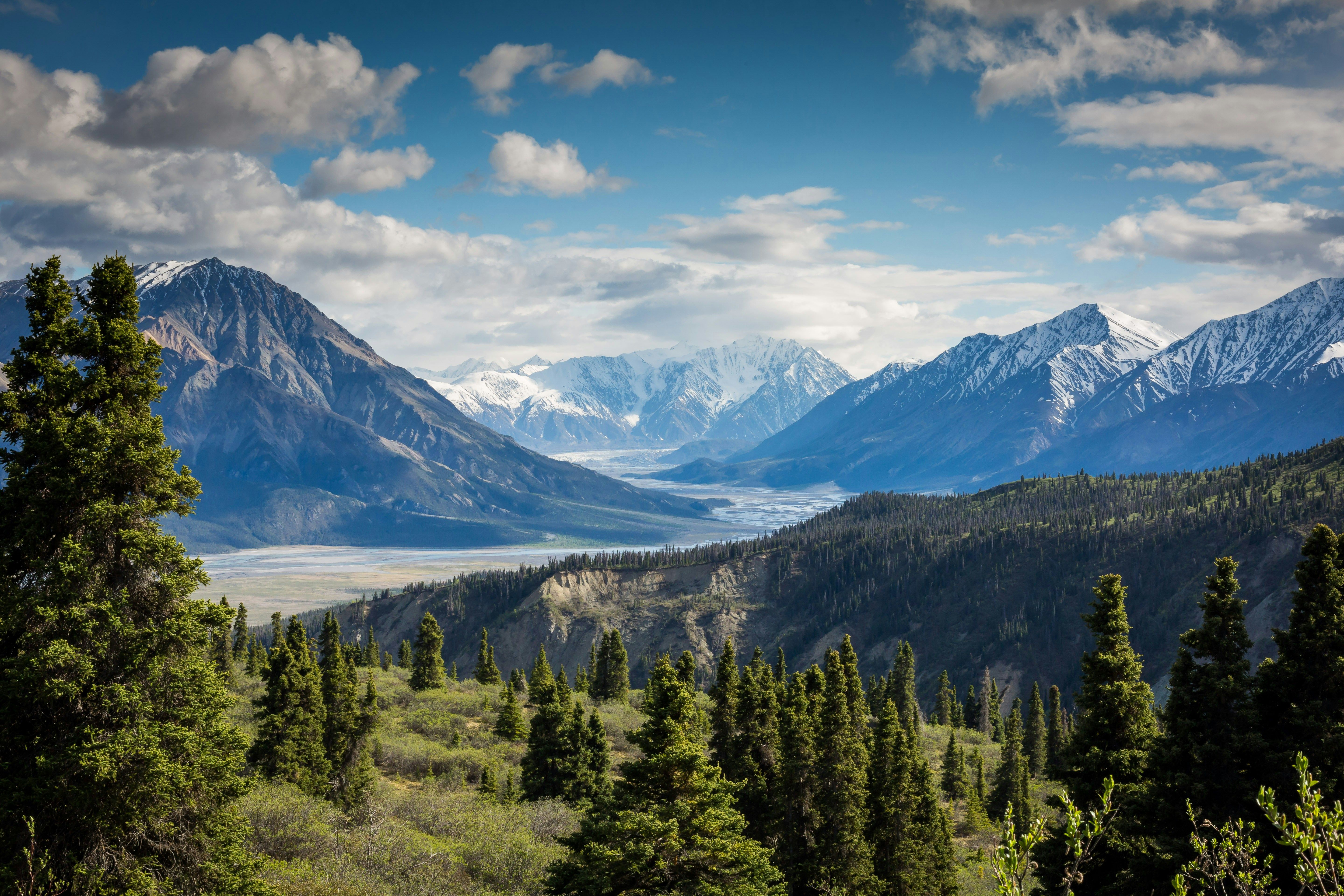Europeans prefer domestically sourced renewable energy over fossil fuels from Trump or Putin, according to a survey.
Updated Article:
💧 Green Comments 💬 Facebook 💬 Twitter 💬 Flipboard 💬 Send 💬 Reddit 💬 Linkedin 💬 Messenger 💬 Telegram 💬 VK 💬 Bluesky 💬 Threads 💬 Whatsapp
European Public Preference: Domestic Renewables over Imported Fossil Fuels
A new survey suggests that the majority of Europeans prefer homegrown renewable energy sources over imported fossil fuels. The research, conducted by Opinium for the Secure Energy Project, reveals a strong public desire for clean, secure, and affordable energy produced domestically.
Eager for Green Energy at Home
Six European countries—Germany, Spain, France, Italy, Poland, and the UK—were surveyed, with more than three-quarters (77%) of participants expressing a preference for investment in domestic renewable energy over imported fossil fuels. An impressive 48% strongly agreed with this preference, while as many as 70% in neutral Germany also chimed in.
Skepticism towards US and Russia
The survey found that a distrust towards both US President Donald Trump and Russian President Vladimir Putin to meet Europe's energy needs was widespread. Eighty-three percent of respondents don't trust Putin, and nearly the same percentage (78%) distrust Russia as a whole. America's Trump fared only slightly better, with only 19% expressing trust, leaving more than half (57%) expressing distrust overall.
When given the choice, more people prefer no foreign fossil fuel dependence, with 49% selecting 'other' or 'don't know' instead of either the US or Russia. The US remained preferred over Russia, however, by 39% of respondents, with only 12% opting for Russia. Notably, Poland showed a strong distrust of Russia, with 91% expressing skepticism, and distrust of Putin reaching an astonishing 94%.
EU's Renewable 2027 Phase-Out
The European Commission has set a deadline of 2027 for phasing out all purchases of Russian energy, including liquefied natural gas (LNG). However, there are concerns that the Commission may rely too heavily on American-made LNG to replace Russian supply. The Secure Energy Project argues that Europeans remain wary of dependence on any foreign fossil fuels, emphasizing the need for a reliable, democratic, and renewable energy system—a sentiment shared by Esther Bollendorff, senior gas policy coordinator at Climate Action Network (CAN) Europe.
- In light of the survey findings, it seems that the EU might consider prioritising investments in domestic renewable-energy industry, as the average European agrees with the preference for homegrown renewable energy sources over imported fossil fuels, with Germany showing the highest support.
- The survey also revealed a general skepticism towards both US President Donald Trump and Russian President Vladimir Putin, with distrust towards Russia being widespread among Europeans.
- The finance sector, especially when it comes to energy, could benefit from the EU's focus on renewables, given the average European's preference for clean, secure, and affordable energy produced domestically.
- The European Commission's plan to phase out all purchases of Russian energy by 2027 has raised concerns about relying too heavily on American-made LNG to replace Russian supply.
- The Secure Energy Project and Esther Bollendorff, senior gas policy coordinator at Climate Action Network (CAN) Europe, argue for a reliable, democratic, and renewable energy system, considering the European public's stance on foreign fossil fuel dependence.










